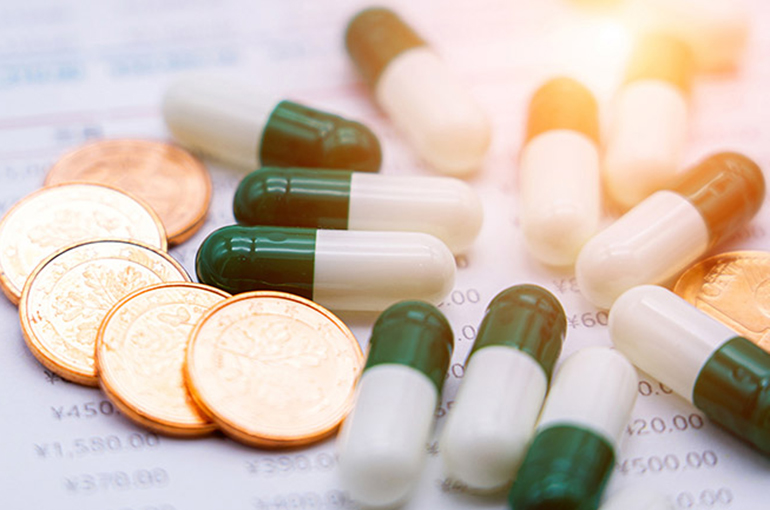 China Decoupling Risks Spike in US Drug Costs
China Decoupling Risks Spike in US Drug Costs(Yicai) May 16 -- A decoupling of the US pharmaceutical industry from China would disrupt critical supply chains and could raise costs for American drug companies by about 50 percent, according to one estimate, ultimately leading to higher medicine prices in the United States.
After China and the US agreed to pause their punitive tariffs on each other’s goods for 90 says on May 12, US Treasury Secretary Scott Bessent said the US government does “not want a generalized decoupling between the two largest economies in the world.
“The US is going to decouple in strategic industries … whether it’s medicines, semiconductors, or other strategic areas. The United States will bring those industries home,” he clarified.
“If the US government encourages drug manufacturers to move back home, orders will shift from China to the US, adversely affecting Chinese pharmaceutical exports,” Zheng Weiyi, chairman of Nanjing Yingnuo Pharmaceutical Technology, told Yicai.
“But in the long run, the cost to produce medicines in the US is likely to be more expensive than importing them from China, and so it won’t meet the goals that the US has in mind,” Zheng noted.
US President Donald Trump is keen to lower drug prices, but industry insiders point out that to achieve that goal, the US needs to work with Chinese companies. Only they can consistently provide cost-effective active pharmaceutical ingredients and innovative drug research and development services, enabling US drugmakers to cut costs.
Just 12 percent of the APIs used in the US were produced domestically as of 2019, according to a report by the US Food and Drug Administration. The rest were imported. This shows how dependent the US is on global supply chains for its medicines.
“It is simply not realistic for the US to produce all the raw materials for medications on its own,” said Li Tianquan, president of pharmaceutical website Yaozh. “China is a API powerhouse, thanks to economies of scale and lower labor costs. If the US tries to produce these raw materials itself, production costs will rise immediately, driving up drug prices.”
“If US firms try to manage all these tasks in-house, their costs are likely to shoot up by 50 percent,” said the head of a pharmaceutical company.
China is one of the world’s biggest producers and exporters of APIs, responsible for about one-third of global supply. Although China does not sell many finished drugs directly to the US it exports a lot of APIs. Many US pharma companies rely on Chinese APIs to lower the cost of developing new drugs.
Basic and fine chemicals are upstream industries and they rely on China’s strong industrial foundation, which many countries, including the US, do not possess anymore, said Zhang Xiaohui, deputy director of the foreign cooperation department of the China Chamber of Commerce of Medicines and Health Products Importers and Exporters.
Studies show that it could take the US between 10 and 15 years to rebuild its API manufacturing capacity. Even though India has strengths in some areas, it cannot match China in terms of scale or technology.
US biopharma companies outsource 30 percent of their FDA-approved manufacturing processes to Chinese contract drugmakers, according to a recent survey by the Biotechnology Innovation Organization. And the percentage for outsourced preclinical and clinical services is as high as 74 percent.
Editor: Kim Taylor